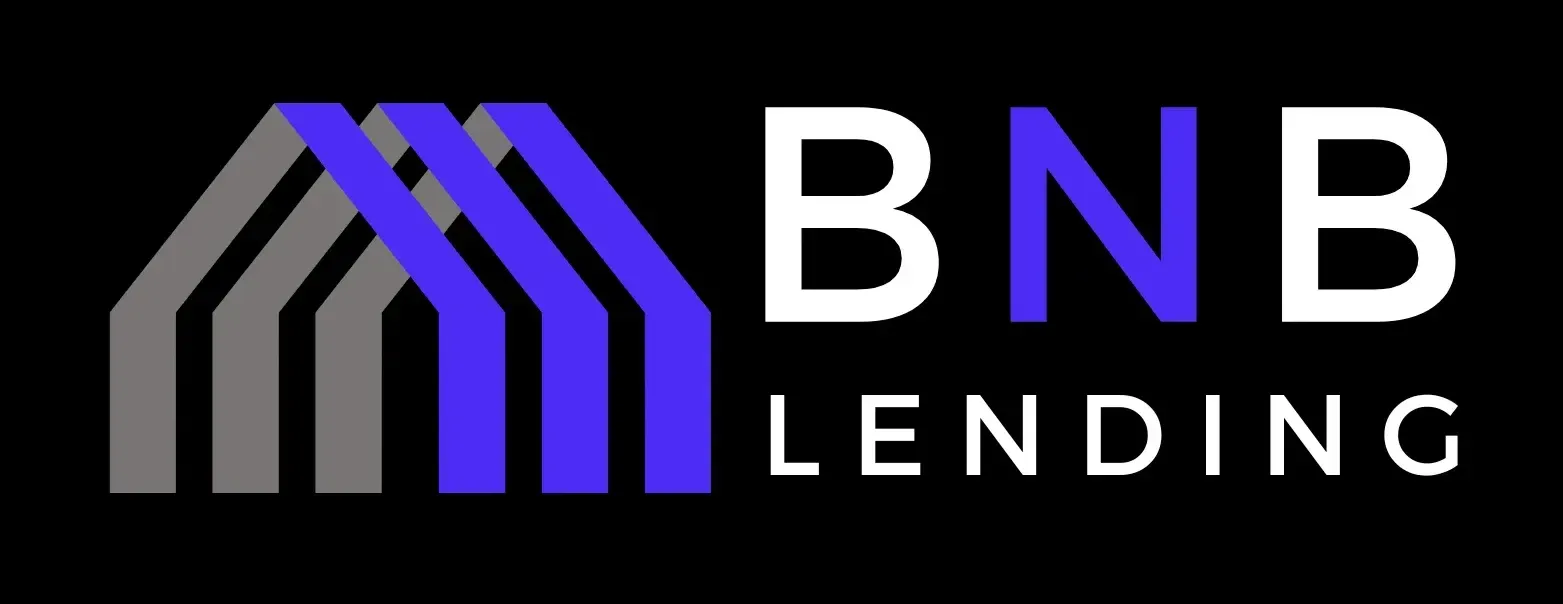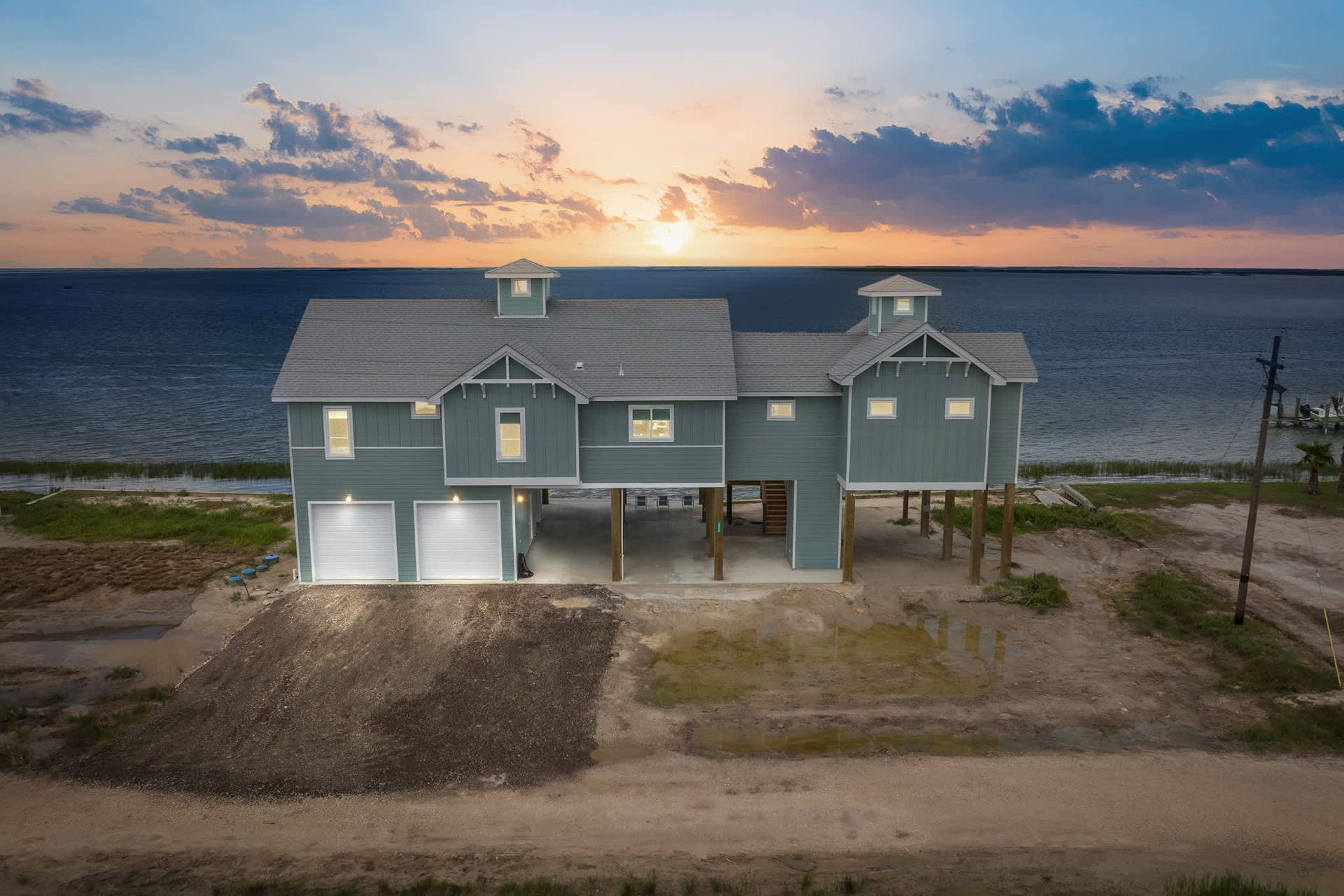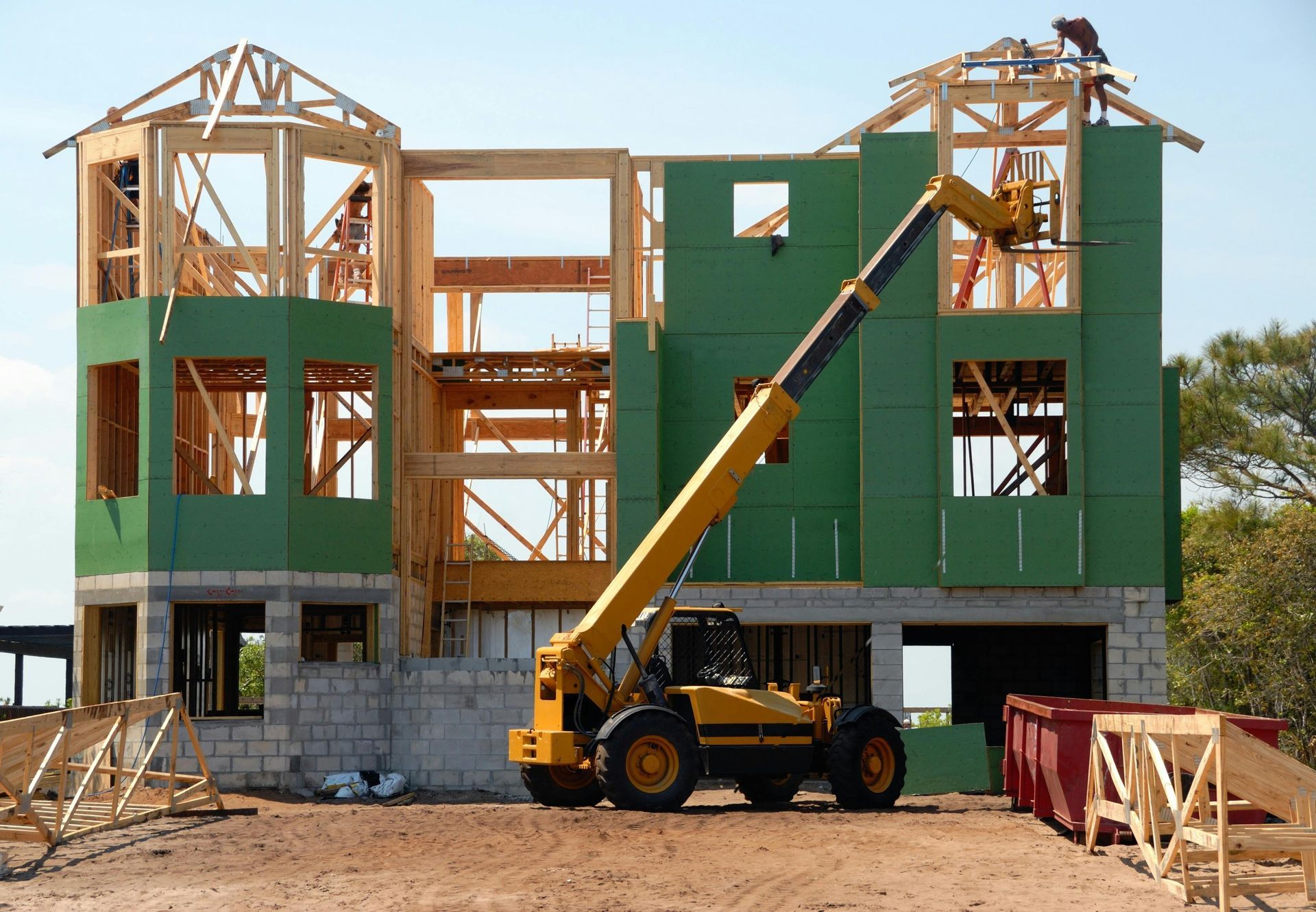Why Choose a Hard Money Loan for a Short-Term Rental?
Why Choose a Hard Money Loan for a Short-Term Rental: The Fast, Flexible Financing Option for Airbnb Investors

Introduction: Understanding Hard Money Loans
If you're a short-term rental (STR) investor looking for speed, flexibility, and the ability to seize opportunities in competitive markets, then a hard money loan might be your secret weapon. Unlike traditional bank loans that involve mountains of paperwork, strict underwriting requirements, and long wait times, hard money loans are fast, flexible, and asset-based.
They're a go-to option for real estate investors seeking to move quickly on rental properties, especially in time-sensitive or value-add situations.
In this comprehensive guide, we’ll explore how hard money loans work, why they are strategically suited for short-term rental investments, and how you can use them to scale your Airbnb or vacation rental portfolio effectively. We’ll also compare other financing options and dive into how interest rate periods and loan terms influence your exit strategy.
What Is a Hard Money Loan?
Hard money loans are short-term real estate loans funded by private lenders or investor-backed groups. Unlike conventional loans that are underwritten primarily based on your credit score, tax returns, or W-2 income, hard money lenders focus on the asset itself—in this case, the property.
Key Characteristics of Hard Money Loans
- Asset-based: Approval hinges on the value and potential of the property.
- Short-term periods: Typically lasts between 6 to 24 months.
- High interest rate: Rates usually range from 8% to 15%, often higher than traditional loan rates.
- Quick close: Funding can occur in as little as 5 to 10 business days.
- Flexible underwriting: Credit score and income matter less; the deal matters more.
These loans are often used for fix-and-flip projects, BRRRR (Buy, Rehab, Rent, Refinance, Repeat) strategies, or transitional financing—making them an excellent fit for the dynamic world of short-term rentals.
Why Hard Money Loans Make Sense for STR Investors
1. Speed: Win in Competitive Real Estate Markets
In hot STR destinations like Scottsdale, Austin, or Miami, time is of the essence. The ability to close a deal fast can mean the difference between landing a cash-flowing property and missing out entirely. Traditional mortgages can take 30–60 days. A hard money loan can get you to the closing table in under 10.
Use Case:
Imagine spotting a beachfront duplex that needs some work but could earn $1,000 per night once renovated. Multiple buyers are interested. A hard money lender can help you submit a non-contingent offer and close in 7 days—winning the deal.
2. Flexibility: Less Red Tape, More Opportunity
Unlike conventional lenders who scrutinize every detail of your financial history, hard money lenders are more interested in whether the deal makes sense. If you can show that the property has equity or strong STR income potential, you’re in business.
Benefits of Flexibility:
- Self-employed? No problem.
- Past credit issues? Potentially okay.
- Unusual property types? Often accepted.
This flexibility opens doors for investors who may not qualify for traditional financing options but have a solid investment strategy.
3. Value-Add Strategies: Ideal for BRRRR and Rehabs
Hard money loans are a favorite for value-add strategies, particularly BRRRR or light renovation projects. Lenders often fund both the purchase and rehab costs, allowing you to:
- Renovate a dated rental property
- Boost nightly rates with better amenities
- Increase property value and cash flow
Airbnb Example:
Buy a rundown property for $300,000, spend $50,000 in renovations, and refinance it at a $500,000 valuation. This can allow you to pull out your capital and reinvest into the next project.
4. Short-Term Financing That Matches Your Strategy
Hard money loans are short-term by design, usually 6 to 24 months. This matches perfectly with the typical STR investment timeline:
- Buy
- Rehab or furnish
- Stabilize income
- Refinance into a long-term DSCR or conventional loan
The goal isn’t to hold the hard money loan forever, but to use it as a bridge to permanent financing.
When a Hard Money Loan Is the Right Fit
Hard money loans shine in certain situations. Here are some ideal scenarios:
✅ First-Time STR Investors
Want to break into a hot rental market but don’t qualify for a traditional loan? Hard money gives you a foot in the door, especially when the property has strong potential.
✅ Distressed or Undervalued Properties
Many conventional lenders won’t finance properties with:
- Structural damage
- Mold
- Non-functional utilities
Hard money lenders specialize in lending on properties others won’t touch—as long as the exit strategy makes sense.
✅ Competitive Bidding Wars
Speed wins. With a hard money loan, you can:
- Close in under 10 days
- Waive financing contingencies
- Beat all-cash offers
✅ Flippers or BRRRR Investors
If you’re planning to improve the property and refinance quickly, hard money aligns with your short-term goals and can help you flip faster with upfront capital.
Risks and Considerations
As powerful as hard money loans can be, they come with trade-offs. Understanding these risks helps you use them strategically.
⚠️ Higher Interest Rates and Fees
- Interest rates: 8% to 15%
- Origination fees: 2% to 5%
- Points: Often 1 to 3 points upfront
These loan rates are higher than a conventional loan, but you're paying for speed, flexibility, and deal access.
⚠️ Short-Term Obligation
Most loans balloon within 6 to 18 months. You must have an exit strategy:
- Sell the property
- Refinance into long-term debt
- Pay off the loan with STR cash flow (less common)
These short loan terms require you to have a clear plan for your rental properties.
⚠️ Risk of Foreclosure
Because these loans are asset-backed, defaulting gives the lender the right to foreclose quickly. Make sure your budget includes:
- Rehab timelines
- Market rent estimates
- Buffer for surprises
⚠️ Not Ideal for Buy-and-Hold Without a Refi Plan
Hard money is a short-term solution. If you don’t plan to improve and refinance, the cost structure will erode your returns.
How to Use a Hard Money Loan Effectively
Step 1: Find a Reputable Lender
Look for hard money lenders that specialize in short-term rental or residential real estate. Check:
- Reviews
- Experience in your market
- Loan structure (rates, points, term)
Step 2: Run the Numbers
Use conservative projections:
- Purchase price + rehab costs + fees
- Estimated STR nightly rate and occupancy
- Refinanced value and new mortgage terms
Step 3: Plan Your Exit
Before you close, know your exit:
- Timeline for rehab or setup
- Milestones for cash flow or refinancing
- Backup plan if delays occur
Step 4: Build a Team
You need:
- A great contractor
- STR property manager (if hands-off)
- A long-term lender for refinancing
Real-World Example
Investor Profile: Sarah, a first-time STR investor
Location: Asheville, NC
Strategy: Buy a cabin, renovate, and rent it on Airbnb
Sarah used a $250,000 hard money loan to buy and renovate a distressed mountain cabin. Her total project cost was $320,000. After 6 months of STR income and a new appraisal, she refinanced at a $450,000 valuation. She repaid the hard money loan and now has positive cash flow of $2,500/month.
Alternatives to Hard Money Loans
While hard money is powerful, it’s not the only option:
DSCR Loans (Debt-Service Coverage Ratio)
- Long-term, investor-focused
- Qualify based on rental income, not personal income
- Great for stabilized STRs
HELOCs or Home Equity Loans
- Use equity from your primary residence
- Lower interest rates
- Not asset-based, so you still need good credit
Bridge Loans
- Like hard money but sometimes offered by institutional lenders
Short-term and fast, but slightly more regulated
Partner with BNB Lending
If you're ready to explore hard money or other flexible financing options tailored to short-term rentals, look no further than BNB Lending. As real estate investors themselves, the BNB Lending team understands the unique challenges and opportunities in the STR space.
Whether you’re acquiring your first Airbnb or scaling a portfolio of rental properties, they provide customized loan programs—ranging from DSCR and traditional loans to fix-and-flip and new construction financing. With quick approvals, transparent lending terms, and a process that emphasizes income over tax returns, BNB Lending simplifies your path to growth.
Ready to get started? Visit BNB Lending and request your quote today.






